Youth urged to tackle deepening economic crisis
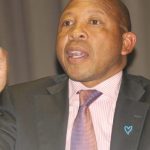
SHARE THIS PAGE!
Young Basotho have been called upon to confront the dangers of foreign aid dependency and the deeper economic challenges threatening Lesotho’s future.
This call to action is part of a new campaign aimed at empowering youth to take ownership of the country’s economic direction.
Speaking at an economic dialogue held this week in Maseru under the Towards a Self-Sufficient Future campaign, former Prime Minister Moeketsi Majoro called on young people to critically examine the implications of continued reliance on foreign aid.
He stressed that if the youth do not take charge of their future, it will be defined for them by others.
The campaign provides a platform for young people to voice their ideas, mobilise collective action, and influence national policy.
Majoro pointed out that envisioning a Lesotho without foreign aid is crucial, and it must be a vision chosen by the youth themselves – otherwise, it will be imposed on them.
“It’s not just about whether aid is sustainable,” Majoro said. “There are strings attached to aid – conditions that determine what Basotho can and cannot do. Now that aid is diminishing, the government must plan to function independently.”
“My message to the youth is this: you face a bigger problem than just the loss of aid. There are serious internal economic challenges that must be addressed,” he noted.
Majoro questioned how Lesotho could make progress using its own domestic resources, given that aid has historically served to fill financial gaps that local savings and revenue could not meet.
“In theory, developing countries lack sufficient savings to bridge their development deficits, which are often addressed through external financing,” he said. “Yet in the history of aid, those gaps have never truly been closed. Africa needs about M100 billion in infrastructure investment annually but receives only M20 billion.”
He concluded by urging the youth to confront not just external dependency, but also the systemic internal issues hindering national development.
Echoing these concerns, economist Retṧelisitsoe Nko discussed the wider context of international dependency. He explained that foreign aid is part of a global model that reinforces the dominance of wealthy nations over poorer ones, perpetuating what he termed “the dependency pandemic.”
Nko outlined three major theoretical models of dependency: the neo-colonial model, the false paradigm model, and the dual dependency model. He warned that long-term aid dependency undermines domestic institutions and weakens national ownership of development.
“Aid dependence can lead to revenue instability, fragmented budgets, and challenges in long-term planning,” Nko said. “It can reduce domestic tax collection efforts and erode accountability, while donors often dictate priorities rather than respecting local needs.”
He also highlighted how foreign aid can contribute to rising national debt and delay genuine economic reforms by fostering a habit of dependency.
Kananelo Boloetsi, a youth leader and organiser of the dialogue, said the situation is both frustrating and disheartening.
“No one is proud that our country survives on handouts – least of all the youth. But we have a chance to change that,” Boloetsi said. “This dialogue gives us the opportunity to speak up about how we want Lesotho to be governed.”
He indicated that the campaign will continue with district-wide dialogues to engage young people in critical discussions about economic independence, resource management, and policy reform.
“These conversations will culminate in the creation of the Independence Charter – a youth-led manifesto with a clear vision, strategic objectives, and actionable policies for achieving national self-sufficiency,” he said.
“The Charter won’t just be symbolic. It will serve as a political tool to guide young voters in the upcoming elections, encouraging them to support a party that formally adopts and commits to its principles as national policy.”
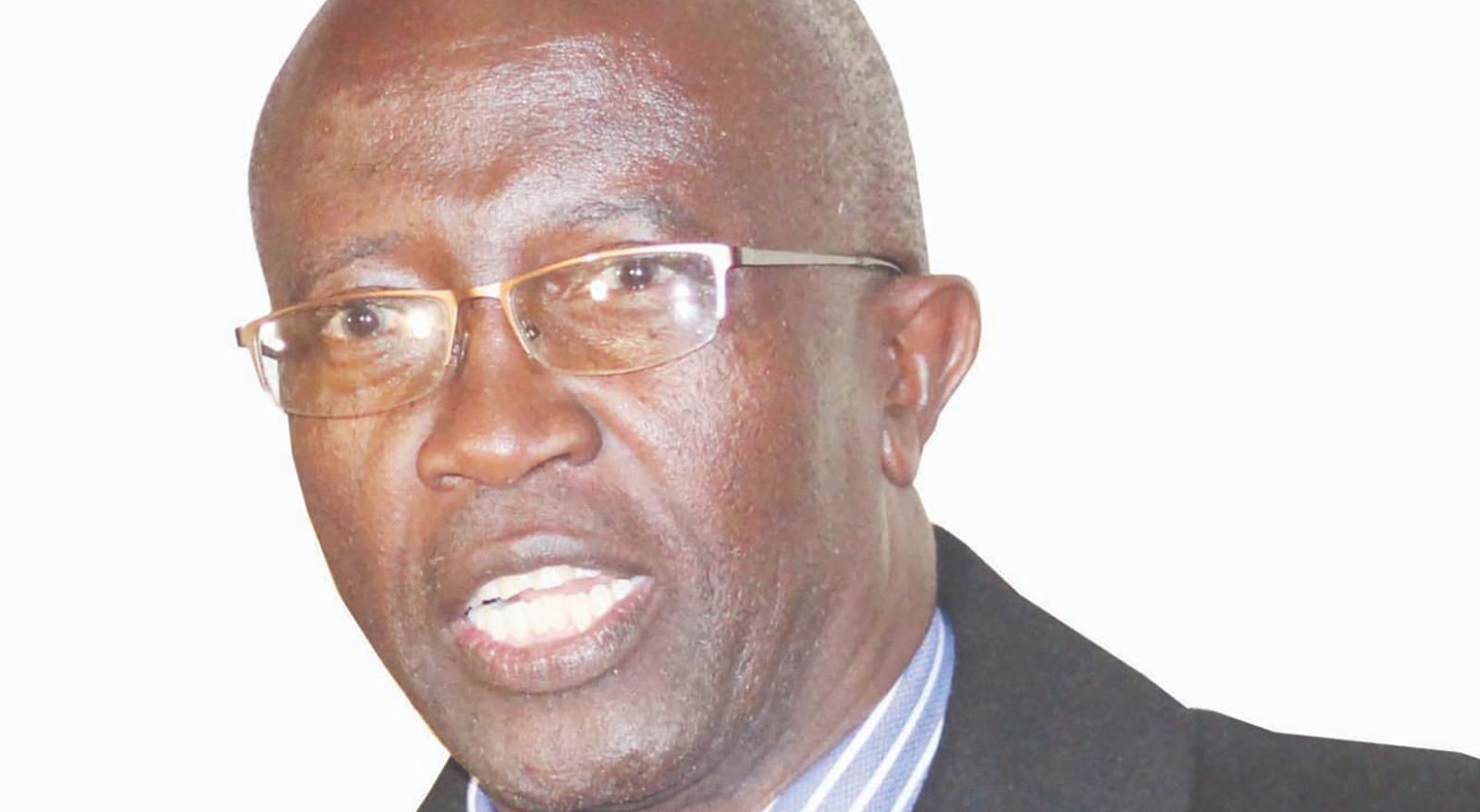
SECTION 2 calls for labour law amendment
6 days ago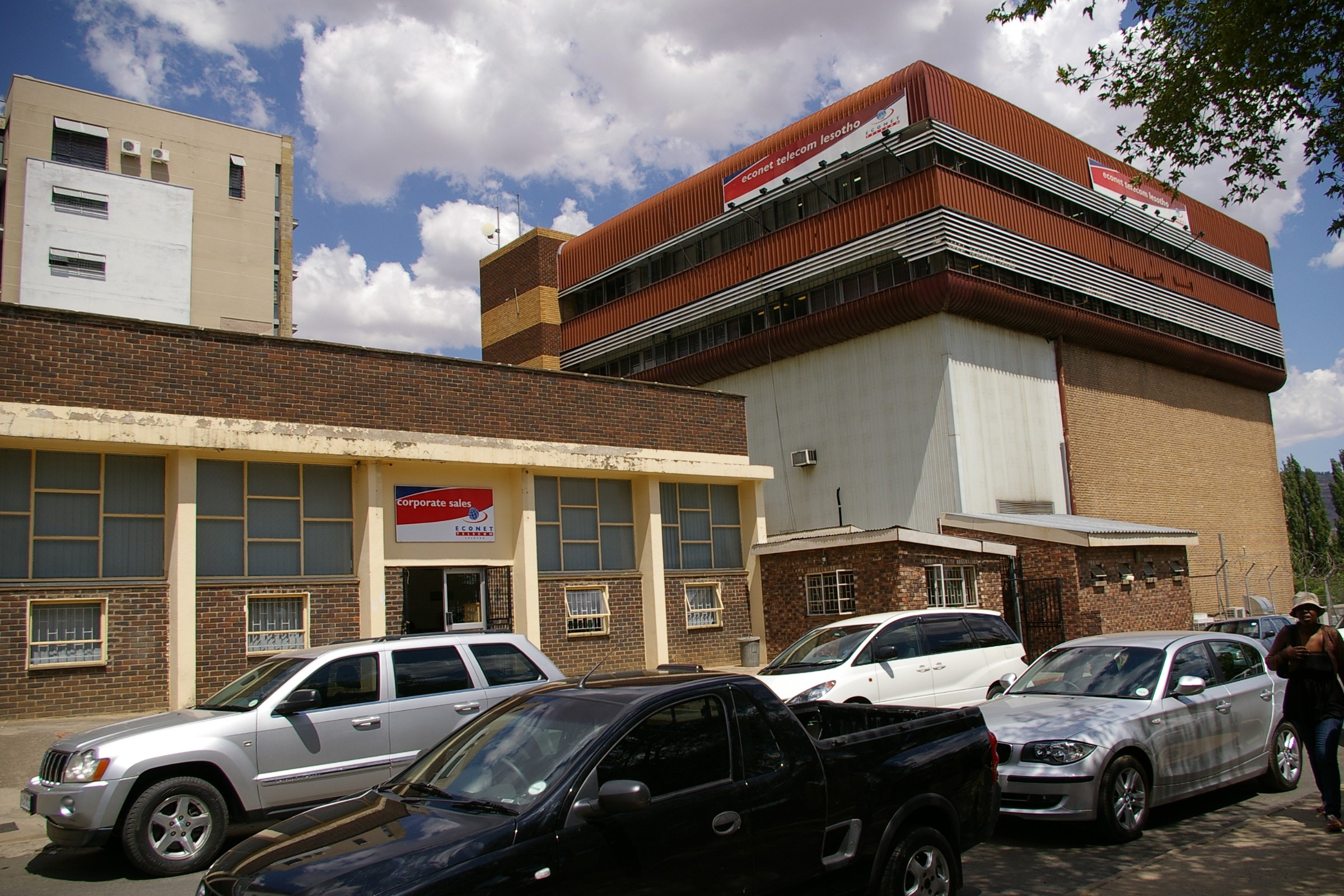
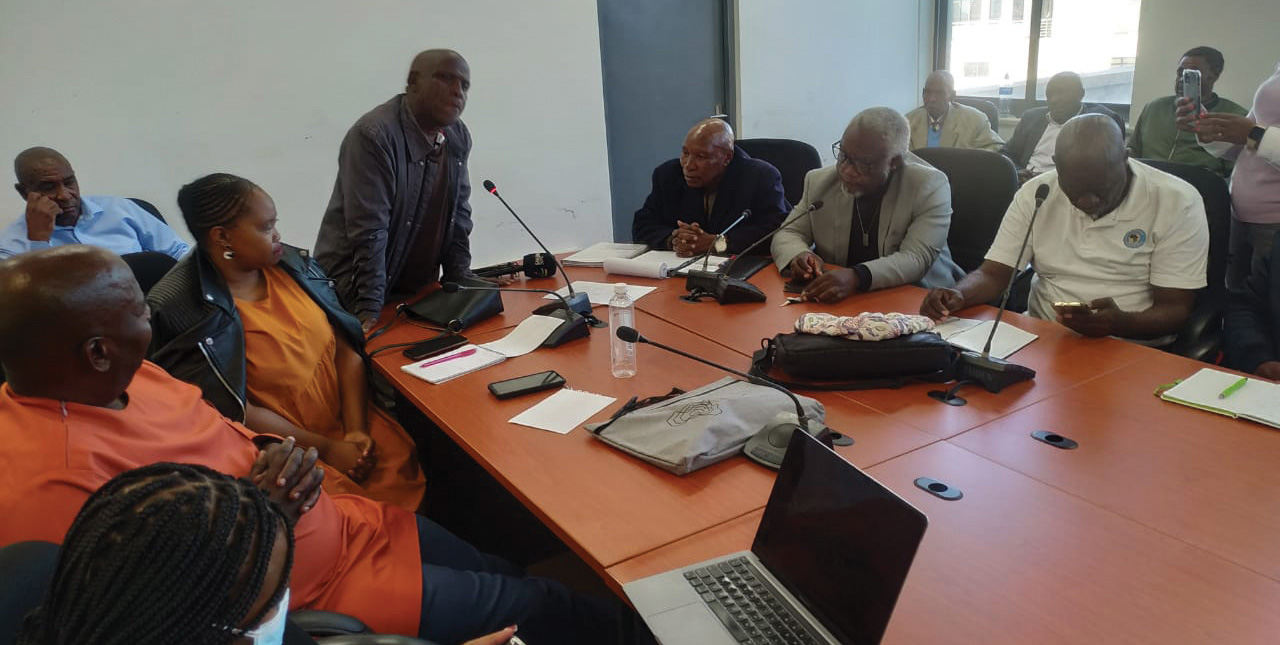
Thousands of ex-miners remain untraceable
6 days ago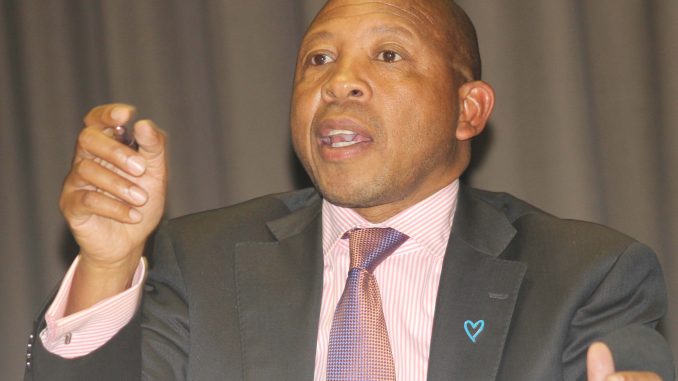

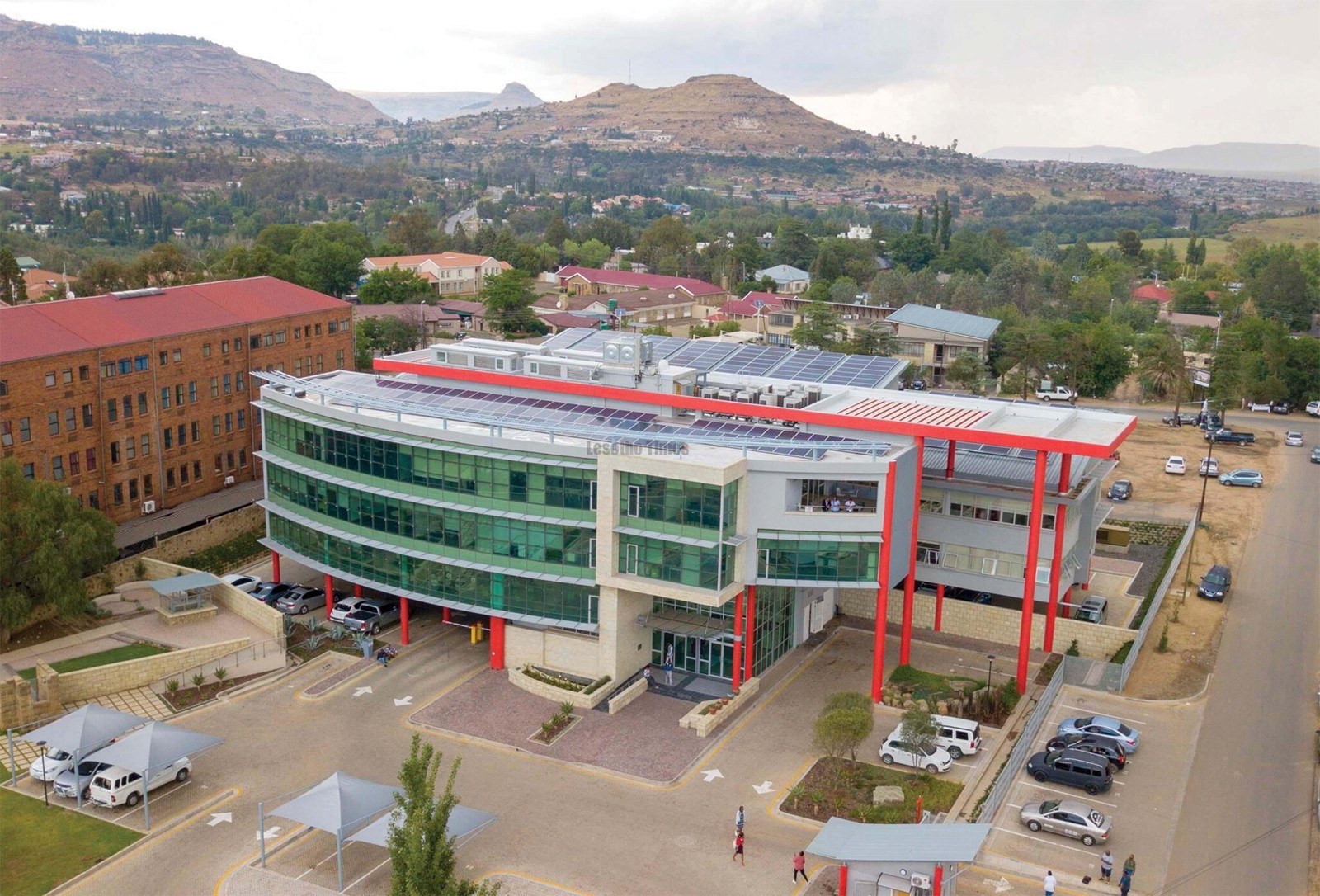
VCL warns against scammers
6 days ago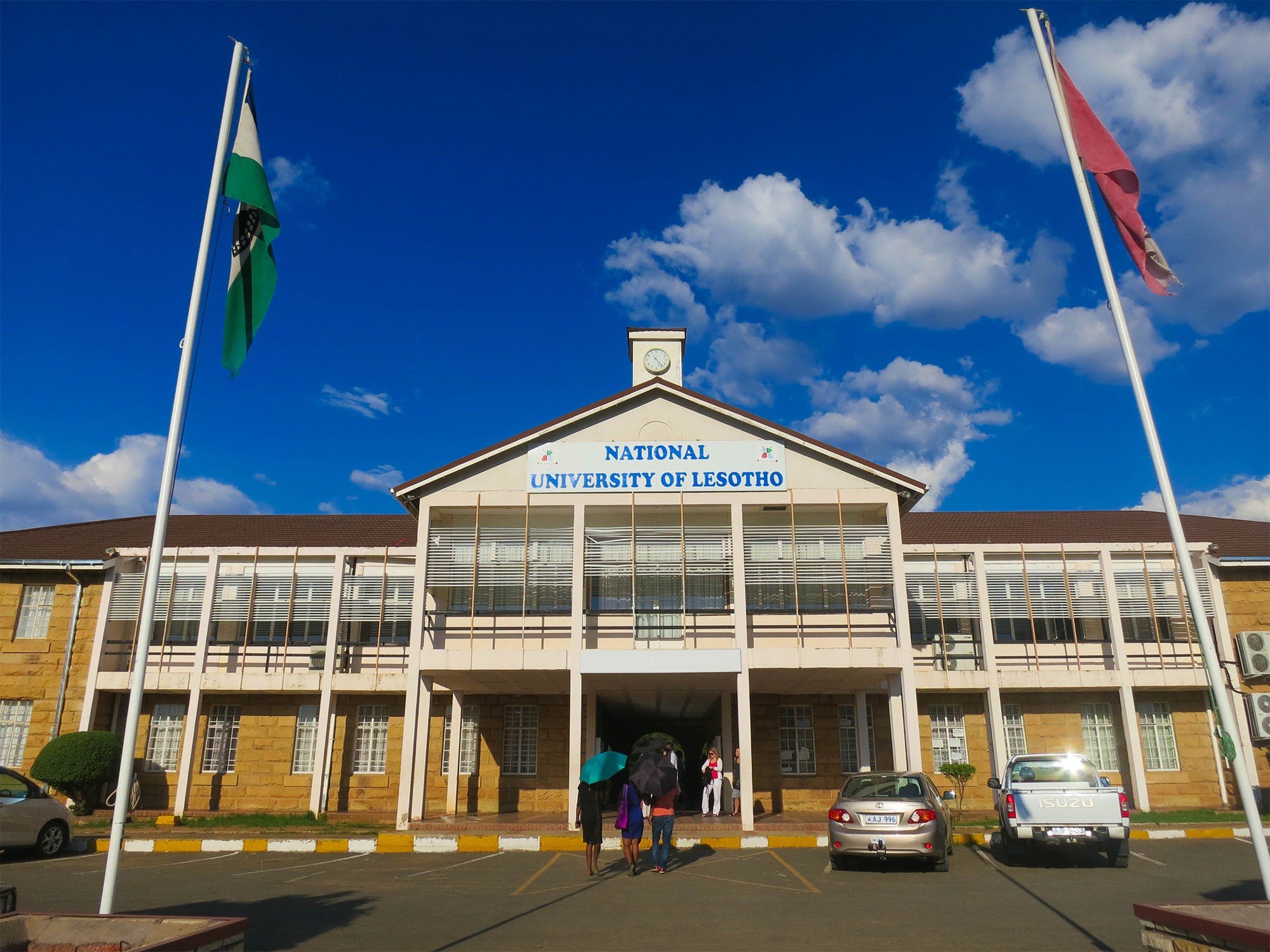
Scholars discuss global health issues
8 days ago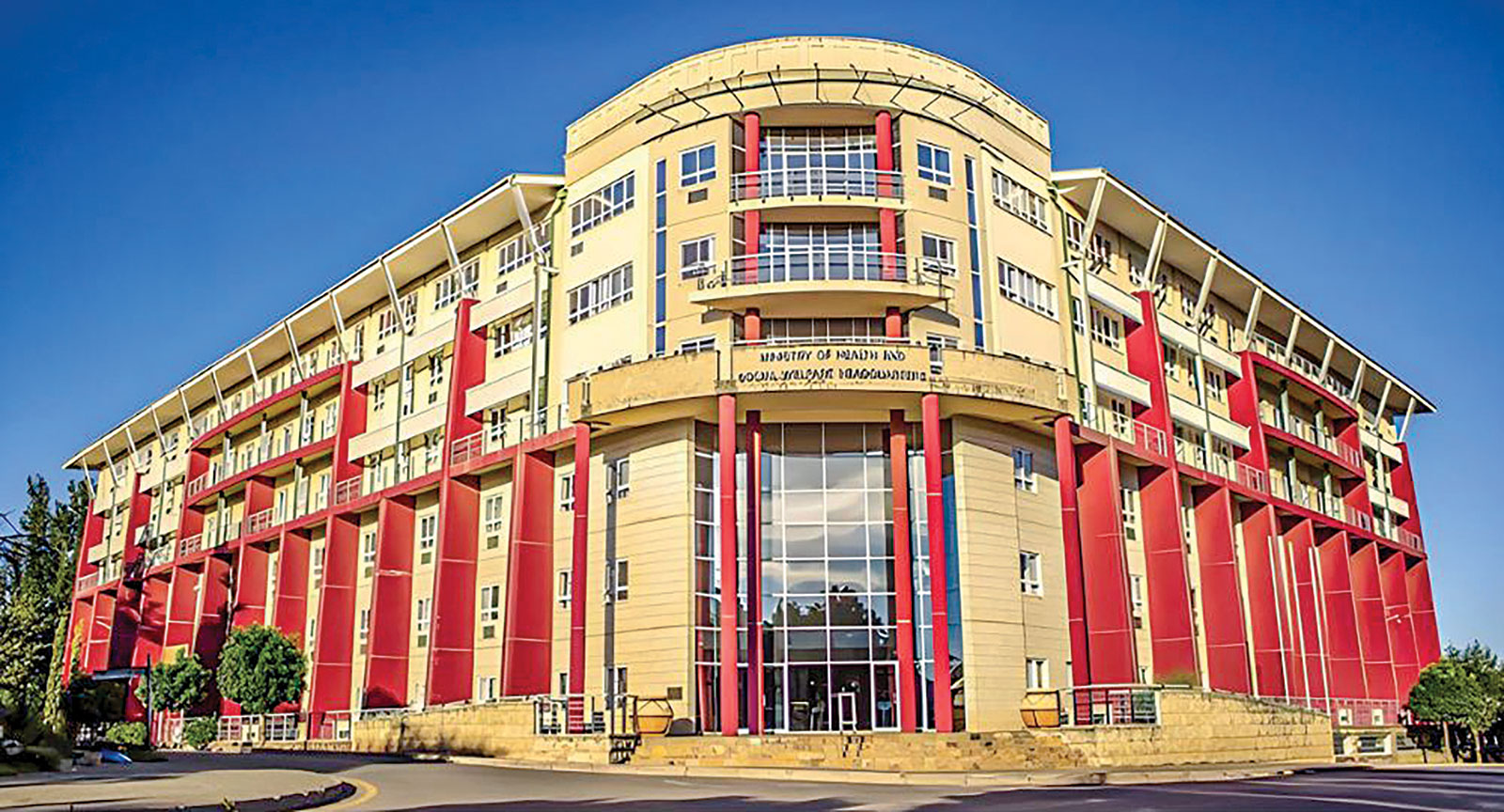

Gambling: A silent crisis among youth
8 days ago
BNP backs govt efforts in US tariff talks
8 days ago